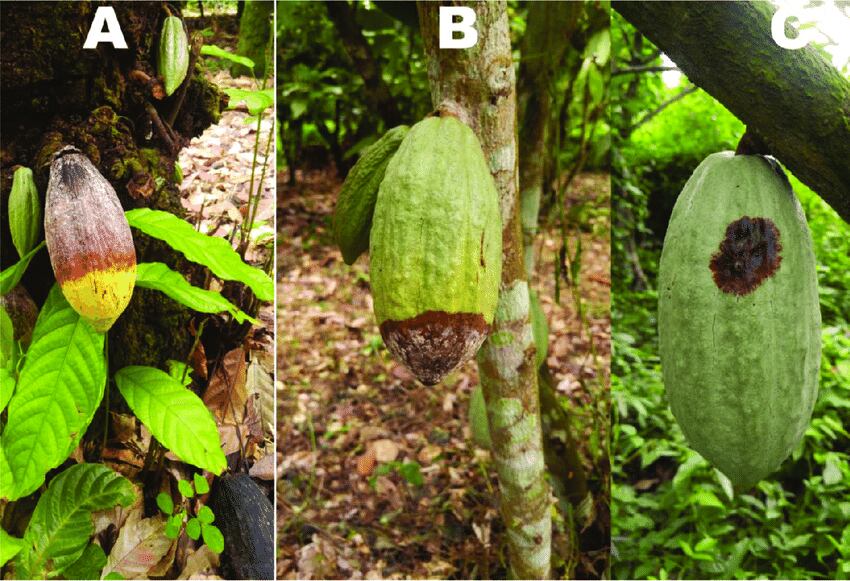The initiative is led by the organisation Cacao of Excellence, a platform through which the public and private sector collaborate on improving cacao quality.
The Guide for the Assessment of Cacao Quality and Flavour will aim to help cacao producers in both the production and evaluation of cacao. The guide covers protocols on the assessment of a wide range of forms of cacao, including unroasted cacao bean coarse powder, cacao mass, and chocolate.
Lack of communication
For a long time, cacao producers have had no standardised and agreed-upon way of assessing the quality of cacao. This means that producers find it difficult to communicate the quality of their cacao to potential buyers.
This particularly affects farmers in developing countries, who find it difficult to sell their cacao as they have no way of advertising its quality.
A new way of assessing quality
The guide aims to solve these issues, providing clarity to the industry and clearly defining the quality of its products. The guide was produced over five years with the input of a range of researchers, producers, manufacturers, traders and development experts from both the public and private sectors.
It aims to create a comprehensive and universal language through which stakeholders, including laboratories, companies and institutions, can communicate on cacao with mutual understanding. It aims to help producers with setting up processing and assessment facilities. It also aims to create guidelines for the creation of sensory evaluation panels to assess the quality of the cacao, introducing a framework on how to judge this in a clearly defined way.
The guide has been designed to help stakeholders understand existing guidelines set out by organisations such as the International Organization for Standardization (ISO), the Food and Agriculture Organization of the United Nations (FAO), and the World Health Organization (WHO).
The new guidelines also aim to improve the sustainability of the cacao sector, allowing producers to seek fairer prices on the global market through increasing the diversity and value of cacao crops, and to preserve unique cacao flavours and the variety of cacao in the trade.
Eventually, the guide wants to create an international standard through which to judge cacao quality and flavour worldwide, and through which producers can advertise the quality of their wares.
“Our vision is to empower cacao-producers with the knowledge and resources to secure a stronger position in the cacao trade and greater value for their cacao," said Julien Simonis, Programme Manager of Cacao of Excellence.
"It supports the development of capacity at the national level for objective, independent and regular feedback to cacao producers on the quality and flavour of their cacao as well as market requirements. We see this publication as an important building block that will support sustainable economic growth within farming communities."




